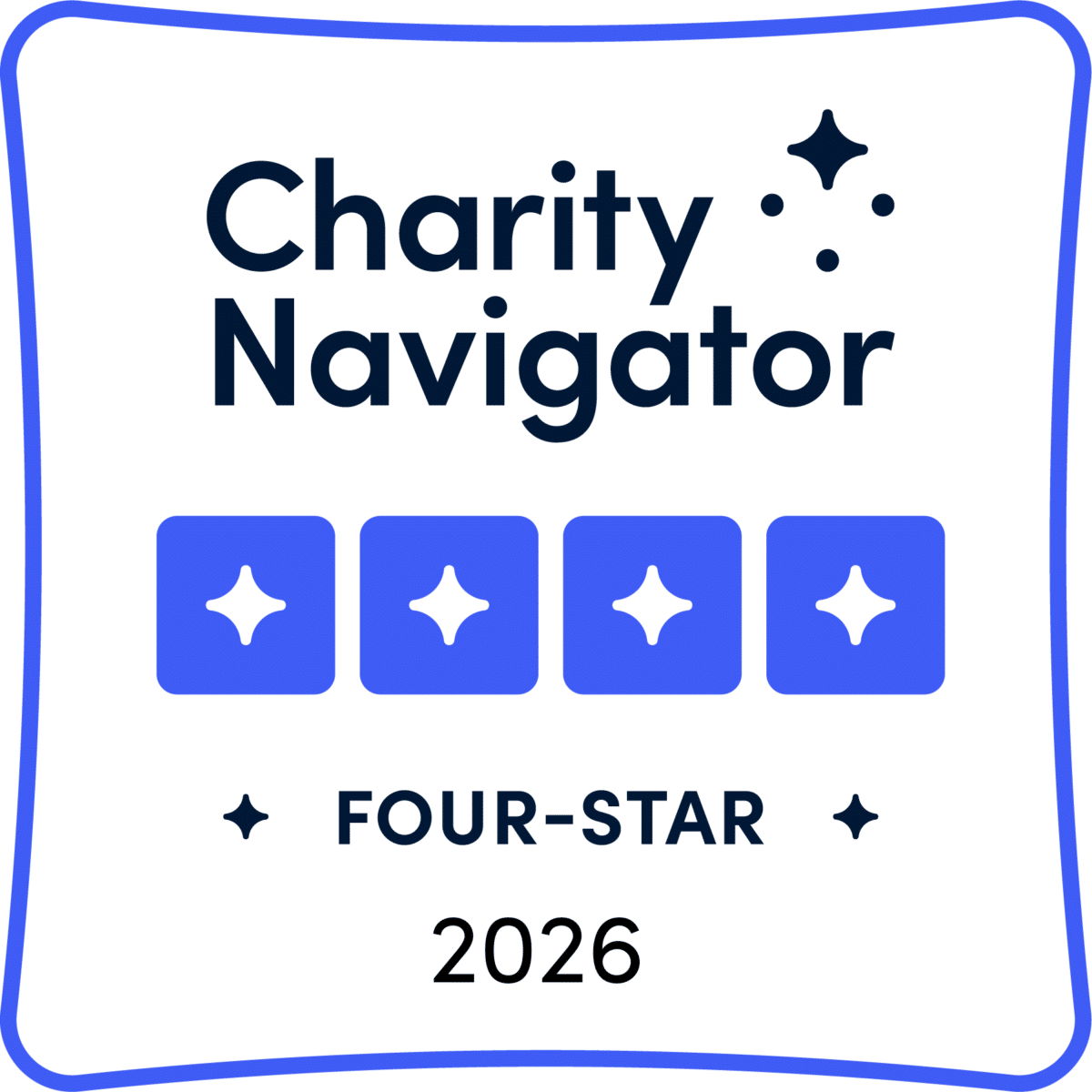Hawai’i Senate Passes Bill to Provide Retroactive Relief for Those Criminalized for Cannabis Possession
Statement from Frank Stiefel
Senior Policy Associate
Last Prisoner Project
Hawai’i Senate Passes Bill to Provide Retroactive Relief for Those Criminalized for Cannabis Possession
April 9, 2024
House Bill 1595 (HB 1595), which would create a pilot for the creation of a state-initiated expungement process for individuals with non-conviction records for cannabis possession, has been voted out of the Senate and moves one step closer to Governor Green’s desk. In 2019, the Hawai’i legislature decriminalized the simple possession of cannabis. However, to this day,
thousands of individuals in Hawai’i still carry a criminal record for cannabis possession. National research shows that less than 6.5% of people who are already eligible for an expungement ever have their records expunged because of the cumbersome nature of the record clearance process. When an individual has a criminal record for cannabis, the collateral consequences linger for a lifetime without access to expungement. Criminal records restrict individuals from employment, housing, political participation, public assistance, education, and a myriad of other services. These restrictions hinder the well-being and safety of entire communities, particularly communities of color who have been systematically targeted by law enforcement during cannabis prohibition.
Over the past year, Last Prisoner Project (LPP) has been working with Representative David Tarnas, Chair of the Hawai'i State House Committee on Judiciary and Hawaiian Affairs, to figure out relief pathways for those criminalized during cannabis prohibition. Our work with Representative Tarnas led to him introducing HB 1595 at the start of this year, which would begin to address the injustices perpetrated during the War on Drugs through the creation of a state-initiated expungement process for individuals with a criminal record for cannabis possession. On March 1st, Representative Tarnas invited LPP to participate in an
informational briefing on the importance of cannabis record clearance. During the briefing, we gave a presentation on the landscape of cannabis record clearance and how HB 1595 could begin to dismantle the racial injustices that the criminal legal system has perpetuated during prohibition in Hawai’i. The Hawai'i Criminal Justice Data Center (HCJDC) also participated in the briefing and presented data showing that approximately 40,000 of the 50,000 criminal records that are eligible under HB 1595 are for non-convictions. This means that 40,000 individuals have been found not guilty of any criminal wrongdoing, yet they still carry a criminal record for cannabis possession.
Since the briefing on March 1st, HB 1595 has been amended to reflect the preferred approach of the Department of the Attorney General. The bill now outlines the creation of a pilot for the implementation of a state-initiated expungement process for non-conviction records of cannabis possession. Our hope is that HB 1595 will be a blueprint for how Hawai’i can begin to provide retroactive relief to the thousands of individuals who continue to suffer the consequences of having a criminal record for cannabis possession, an offense that has been decriminalized since 2019.
There are now 24 states that have passed laws to create cannabis-specific expungement processes. Similarly, the inclusion of criminal justice policies has become commonplace for states that have sought to legalize adult-use cannabis. Since 2018, 13 of the 14 states that have legalized cannabis have included record clearance policies, and since 2021, they have all been state-initiated. We look forward to continuing to work with legislators in Hawai’i to create systems that can provide retroactive relief for the thousands of individuals who have been criminalized during prohibition.
About Last Prisoner Project
The Last Prisoner Project, 501(c)(3), is a national nonpartisan, nonprofit organization focused on the intersection of cannabis and criminal justice reform. Through policy campaigns, direct intervention, and advocacy, LPP’s team of policy experts works to redress the past and continuing harms of unjust cannabis laws. We are committed to offering our technical expertise to ensure a successful and justice-informed pathway to cannabis legalization in Hawai'i.






